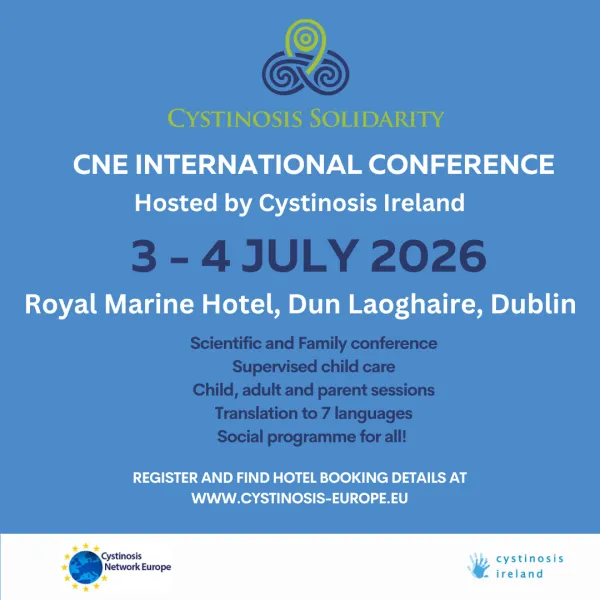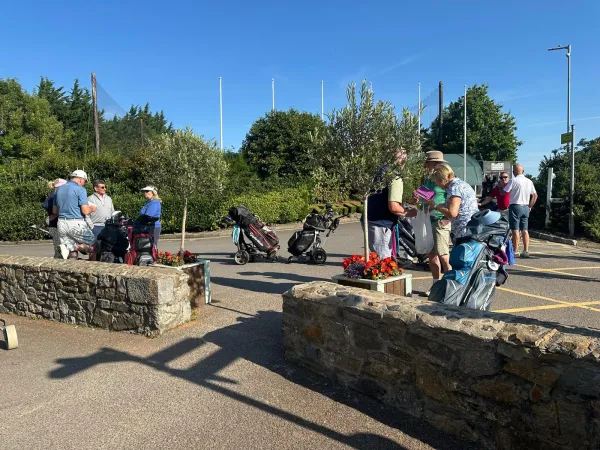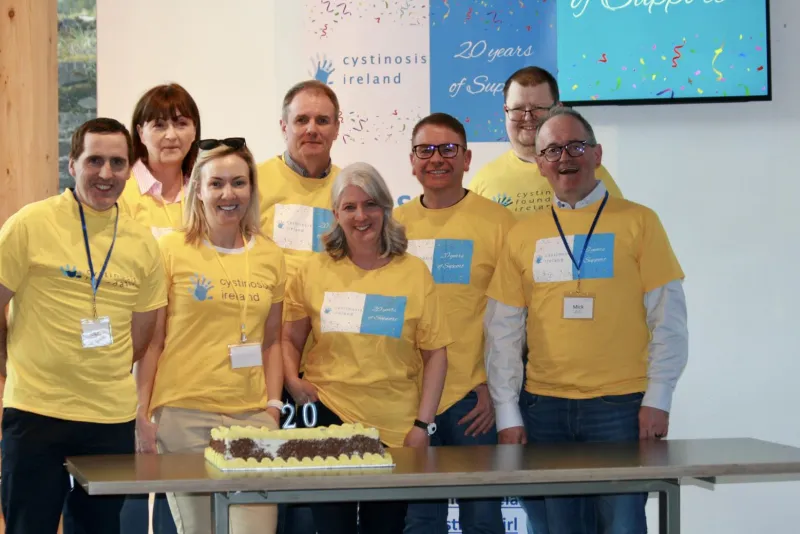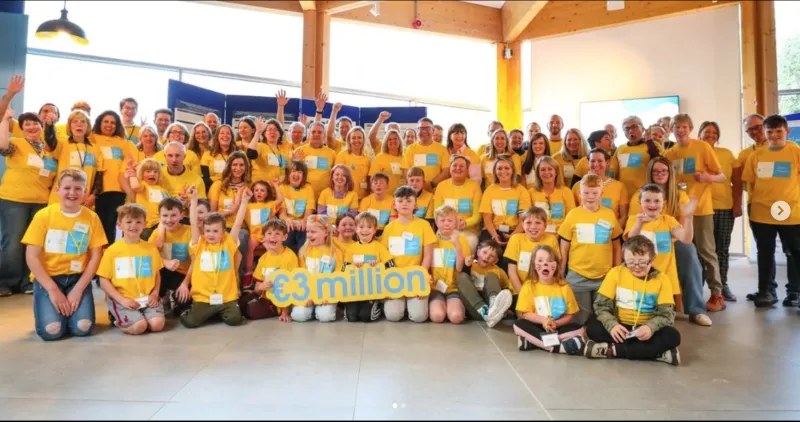Latest Updates

CF10 Clinical Trial Update

CNE International Conference in Dublin, July 2026

Ashbourne Golf Day

Support
One of the most important aspects of Cystinosis Ireland is that we provide a community of support and knowledge to every family impacted by Cystinosis.

Awareness
We hold events and fundraisers to support individuals and families affected by Cystinosis, addressing immediate needs and advancing future research.

Research
We back global cutting-edge Cystinosis research, collaborating with DNA and Stem Cell experts, making us a prominent partner in the global fight for a cure.

Dublin Cystinosis Workshop
The Annual Dublin Cystinosis Workshop is an interactive forum for researchers to share new knowledge, spark new ideas and explore new research approaches aimed at better understanding and treating the ultra-rare disease of Cystinosis.

International Work
Cystinosis Ireland hosts and provides the secretariat to Cystinosis Network Europe (CNE), the international network of cystinosis support and research investing organisations. You can find full details of CNE's work at www.cystinosis-europe.eu.
In 2020 Cystinosis Ireland hosted the first ever Virtual International Cystinosis Conference 2020 on 25 April 2020 and attracted an audience of more than 600 participants from 49 different countries in 20 time zones across the world.
